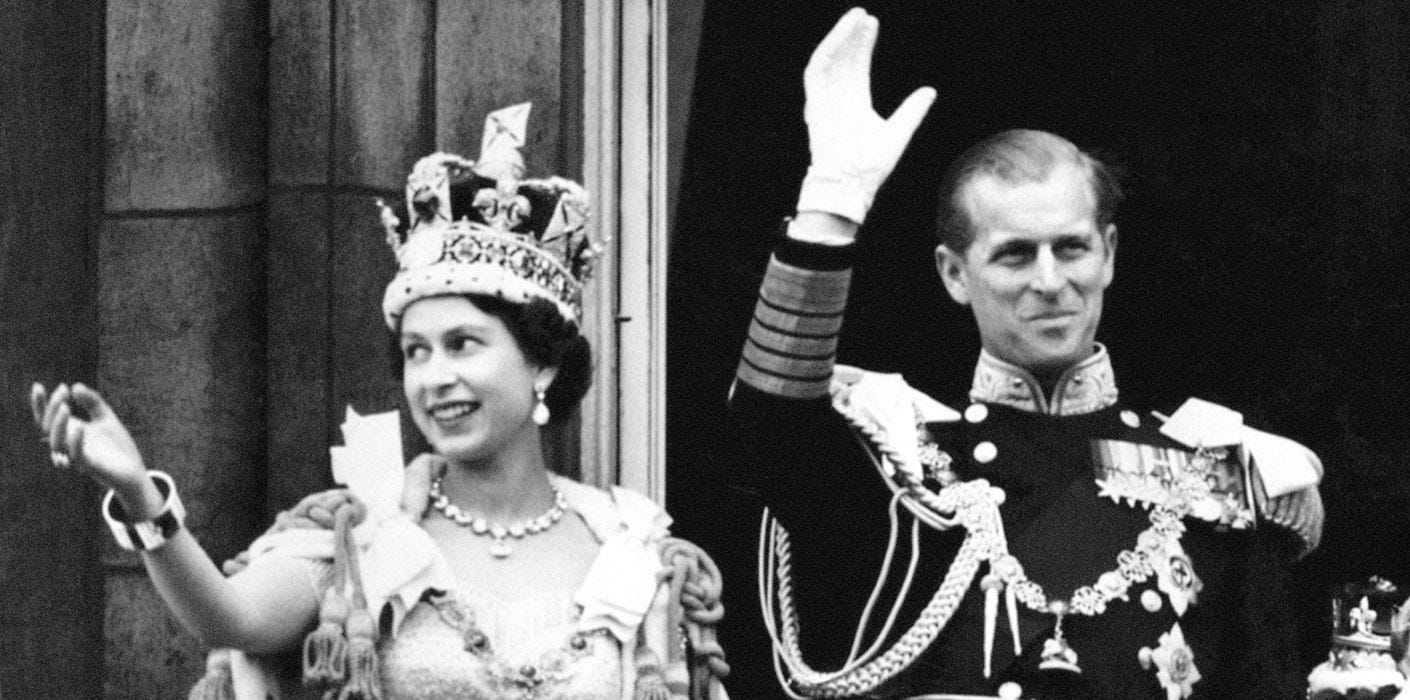What we lost when we lost the Queen
Queen Elizabeth II was a unifying influence. The virtues she embodied are now in scarce supply.
Most people will remember where they were when they heard that Queen Elizabeth II had died, much in the same way that most remember where they first learned of the attacks on September 11th, the anniversary of which we commemorate today.
I was at the after-party of a small academic conference when the news reached me in the most matter-of-fact way. “The Queen died,” and the party went on. I tried to engage a few people in a sharing of sympathy. A few returned the sentiment. Many others replied with feelings ranging from indifference to contempt. We had spent all day in discussions about evolution and the brain, about where the field of neuroscience is headed. If the head of a politically inert and archaic institution has died in the middle of all this, “Who cares?”
The responses among my colleagues reproduced the internet’s response in microcosm. Among many outpourings of grief, there was an at least equally great display of hostility - not so much directed towards the Queen herself, but rather towards the notion that anyone in the 21st century should feel moved by the death of a monarch. The hashtag #AbolishtheMonarchy also began trending on Twitter.
In every age, the (typically) young and progressive-minded, those who subscribe to the unconstrained vision in Thomas Sowell’s formulation, reject what they perceive to be calcified institutions and outdated traditions. Anti-monarchism, for that matter, has long ceased to be a “progressive” view.
While this is nothing new, the speed of that turnover has been accelerating in recent years. Everything is to be deconstructed, problematized, decolonized. Marriage is old-fashioned and, in case you haven’t heard, having kids is bad for the environment.
The tenor of the conversation is quite clear: you may not honor the past nor its traditions without also disavowing them. And now, you may not mourn the Queen without also denouncing British imperialism.
I mourn the passing of the Queen for many of the reasons that have been widely editorialized in the last days: her quiet restraint in the face of controversy, her steadfastness in (arguably) the greatest period of change in British history. There’s her work ethic too, which, as expressed in her most famous adage, “Never complain, never explain,” sadly finds little resonance in a generation that deals mainly in the currency of narcissism and victimhood.
But most of all, I mourn the loss of a figure who, through the self-effacing execution of her duty, articulated our relationship both to the past and to the eternal. Because she expressed so little of her private self, she succeeded at projecting only the symbol: of continuity, of the endurance of cherished traditions, of the many charming and small rituals that make up the texture of British life, of concerns that are greater than politics.
I am deeply touched by accounts of the profound and very private relationship Britons have had with their monarch, such as that recounted by Peter Hitchens today. Indeed, one does not need to be British nor a member of the Church of England to feel both the weight of her intense dedication and the vacuum left by her passing.
The fact remains that we have only thin and paltry alternatives to that deep sense of belonging cultivated by mutual reference to ancient customs and to common foundations. Take, for example, the current Democratic president’s idea of a unifying speech for a deeply divided nation.
I join many others in the doubt that any of the Queen’s heirs will manage to cultivate that same devotion, in themselves or others, again. An era that is so deeply unserious seems unlikely to produce another Elizabeth.
As for the new Defender of the Faith – sorry, that’s just “Defender of Faith” – well, you can still consult the internet for the transcript of a particular telephone conversation. It would seem Joseph de Maistre’s famous statement applies to kings as well as politicians. Toute nation a le gouvernement qu'elle mérite.




